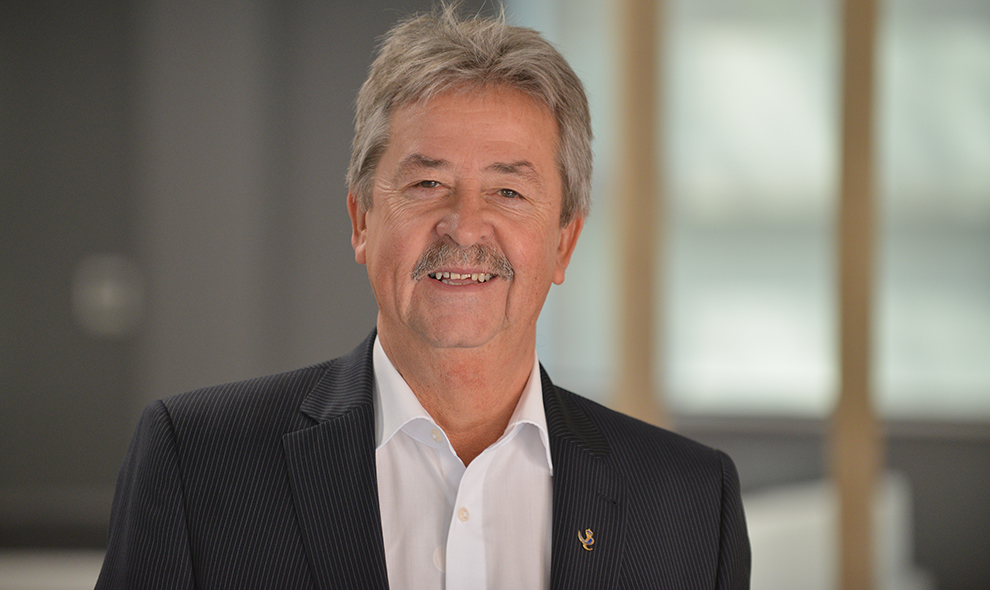While technically 6MLD won’t apply to the UK being outside of the EU, the truth is that as a major global financial centre, the City of London will be compliant with these regulations. Quite simply, they still want to do business with the EU of course, which means all regulated businesses need to be compliant.
We may be an island with a narrow stretch of the channel separating us from continental Europe, but of course, for centuries we have done business with Europe and will want to continue to do that post-Brexit.
Over recent decades the UK has established itself as a global leader in financial services and we will not want to lose that position as we move forward in search of new trade deals. That means being ‘whiter than white’ when it comes to regulation.
The fact is, we are strides ahead regarding the implementation of EU directives for money laundering regulation, and much of the ground covered by 6MLD has already been adopted by UK businesses. That is perhaps no surprise if you consider the UK is the most heavily regulated country in the world.
But even though leaving the EU doesn’t mean leaving as much regulation behind as we thought, the Government has made an important step towards making compliance a lot simpler for regulated businesses.
As part of the legislation governing the departure from the trading bloc, the UK government has stipulated that electronic verification should be used, enabling businesses to move away from manual, document-based checks.
The Money Laundering and Terrorist Financing (Amendment) (EU Exit) Regulations 2020 has now clarified the position on electronic verification, which is the most effective way for businesses to ensure compliance with all the latest legislation, both in the UK and EU.
We are not only entering a new era of life outside of the EU but also a new era of EV, and this is the year to make the switch.
In fact, the Legal Sector Affinity Group (LSAG) has just announced the results of its extensive revision of anti-money laundering guidance. In this, they refer to the Brexit legislation which is a welcome move in terms of bringing the sector up to date with the latest technological solutions.
The conveyancing sector for example plays such a vital role in protecting against the threat of money-laundering in the property market, which is a prime target for criminal exploitation.
The legal profession must take this opportunity to move to electronic verification when onboarding new customers and clients. For some time now it has been clear that documents are dead and the only way to be sure is to switch 100% to electronic verification.
There is no longer any need to collect passports, driving licences and those kinds of documents to verify ID. For the vast majority of every day, legal work and conveyancing all that is required for ID verification is a name, address and a date of birth (optional). The online platform runs the details through a global data search to bring back results for an individual in less than two seconds, and for a business in about three minutes.
The latest technology combines credit reference data, biometric facial recognition, and digital fraud checks. At SmartSearch, for example, we incorporate CRA (credit reference agencies) data, electoral roll data and other reliable public data sources to establish identity.
By triple checking these different sources of information a unique ‘composite digital identity’ is produced that is virtually impossible to fake. All this can be done online, with no need for in-person meetings, face coverings or hard copies of documents.
What we urgently need to move away from, and this Brexit legislation allows us to do it, is practices such as asking new customers to send a photo of themselves with their passport in hand open at their photo page. Given the sophistication of forgeries today, it would be all too easy to exploit that kind of naive gap in security.
Electronic verification ensures compliance with Know Your Customer (KYC) and Know Your Business (KYB) legislation without having to handle a single document. It is also less intrusive for you and your client, as well as being 100% COVID-secure because you don’t need to meet face-to-face.
As we deal with this third wave of coronavirus, businesses need to act fast to make the switch. We are not only entering a new era of life outside of the EU but also a new era of EV, and this is the year to make the switch.
John Dobson is Founder and CEO of SmartSearch. Born in Rothwell, West Yorkshire, his early career was in IT and sales before starting his first company in the early 1980s. He has since established and run a series of highly successful businesses, twice winning the prestigious Queen’s Award for Enterprise, including with SmartSearch in 2018.





















